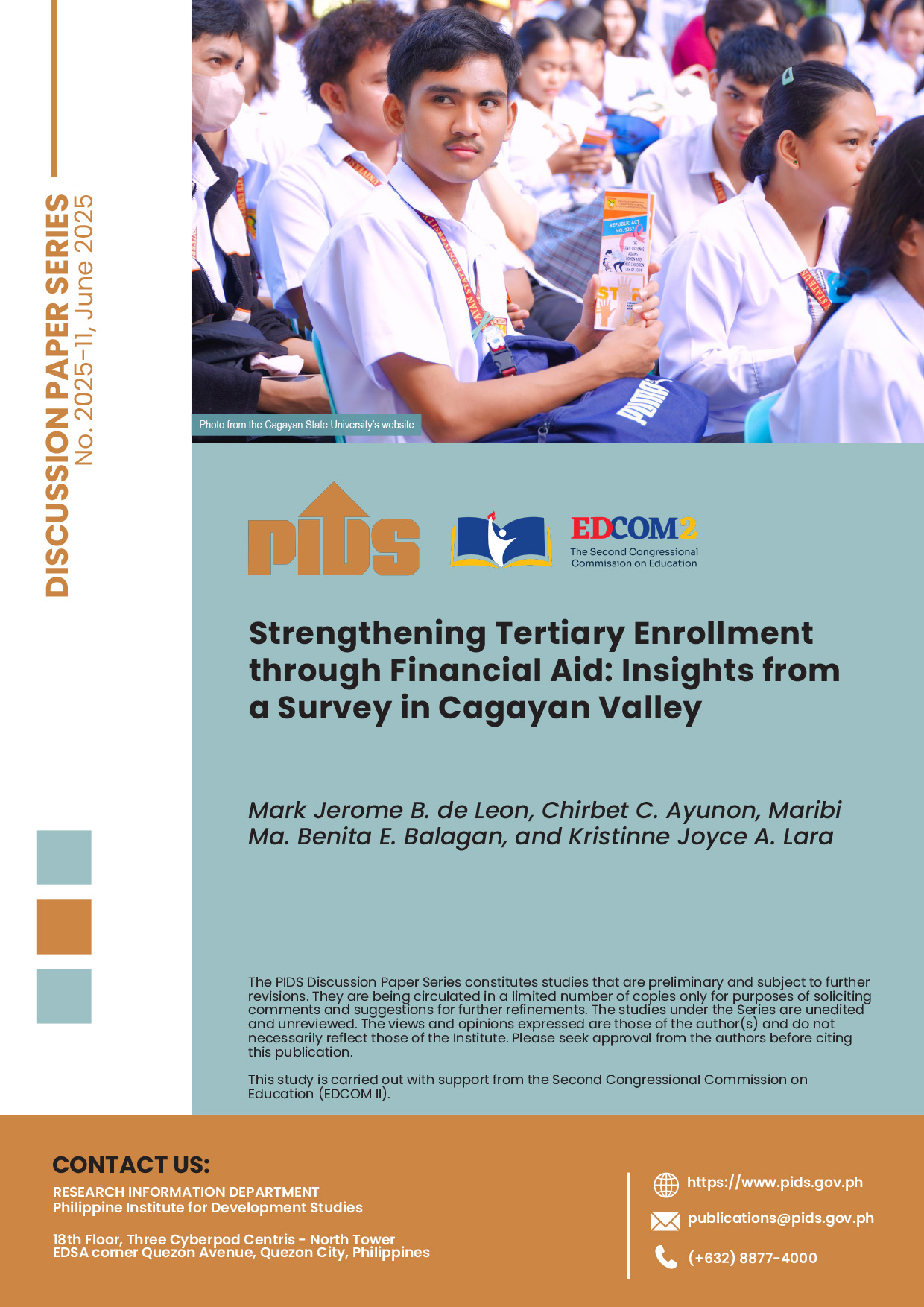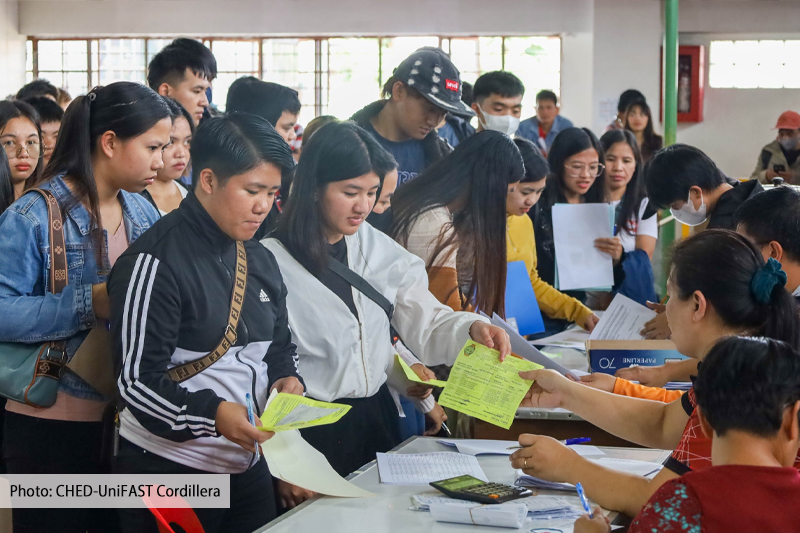MANILA, Philippines - Almost 300 private tertiary schools nationwide, excluding those in the Autonomous Region in Muslim Mindanao, will increase their tuition and other fees for academic year 2014-2015, the Commission on Higher Education (CHED) said in its latest report.
Of the 345 higher education institutions (HEIs) that applied for a hike in tuition and other school fees, 287 or 17 percent were approved by CHED.
The body, however, said the number of private HEIs raising their tuition and other school fees was lower by four percent (67 HEIs) than last school year.
There are a total of 1,683 private HEIs nationwide. The National Capital Region (NCR) and Regions 4A (Calabarzon) and 3 (Central Luzon) have the most number of HEIs with 308, 230 and 202, respectively.
The nationwide average tuition increase per unit for this school year is P35.66 or 8.13 percent, while the nationwide average increase in other school fees is P141.55 or 7.97 percent.
Out of 69 HEIs that applied for tuition increase in NCR, 64 were cleared while CHED allowed 25 out of 46 schools in Region 4A and 26 out of 39 in Region 3 to raise fees.
CHED said the average per unit tuition increase in the three largest regions are as follows: NCR, P66.24 (six percent); Region 4A, P51.04 (7.35 percent); and Region 3, P39.42 (9.3 percent).
The highest average tuition increases were posted in Regions 4B (Mimaropa), 2 (Cagayan Valley) and 1 (Ilocos) with P55.60 (13.90 percent), P39.41 (13.53 percent) and P37.28 (12.99 percent), respectively.
CHED said there are no colleges and universities in Region 8 (Eastern Visayas), which was hardest-hit by Super Typhoon Yolanda last November, that will raise tuition this year.
CHED, in collaboration with the Philippine Institute for Development Studies, has started developing a systematic, data-based, broadly acceptable framework for tuition and other school fees to guide the agency in deciding on a reasonable rate of increase each year.
CHED website hacked
The website of CHED, meanwhile, was inaccessible yesterday after it was apparently hacked on Wednesday night by a group that pointed out security vulnerabilities.
"Admin please strengthen your security. Your site is not secure… You need to secure it,” read the message that was posted on the agency’s home page before it was taken down.
The CHED website remained inaccessible as of yesterday afternoon.
The hackers claimed to have come from Turkey, and are part of the group behind the website antisecurityteam.com.
The attack appears to be unrelated to the protest action launched yesterday in connection with the pork barrel scam.
Hacker group Anonymous Philippines, which defaced a number of websites during the Million People March in August last year, has not issued any statement regarding defacement of government websites.
During the Million People March, Anonymous claimed that more than 30 websites — including that of the Optical Media Board, Komisyon sa Wikang Filipino and the National Historical Commission of the Philippines — were defaced.
Roy Espiritu of the Information and Communications Technology Office earlier said they were working hard to keep the sites operational.
He said government websites are currently in the process of migrating into more secure servers as mandated by Administrative Order 39, signed by the President last year, which establishes a government web hosting service.
The service seeks to "ensure the government’s Internet presence 24 hours a day, 7 days a week under all foreseeable conditions.”//









